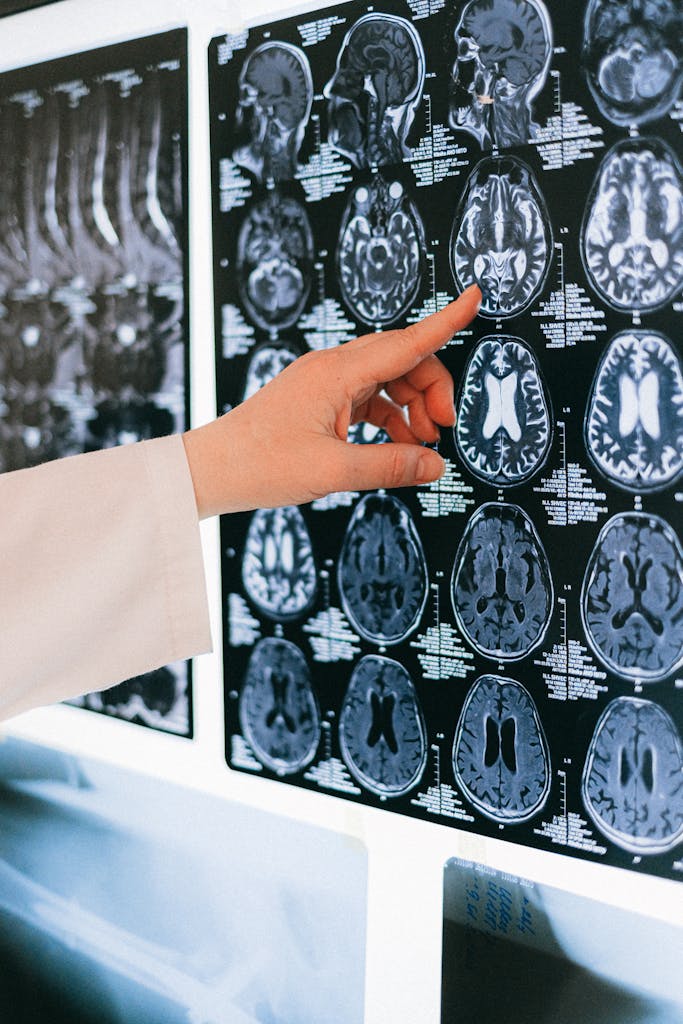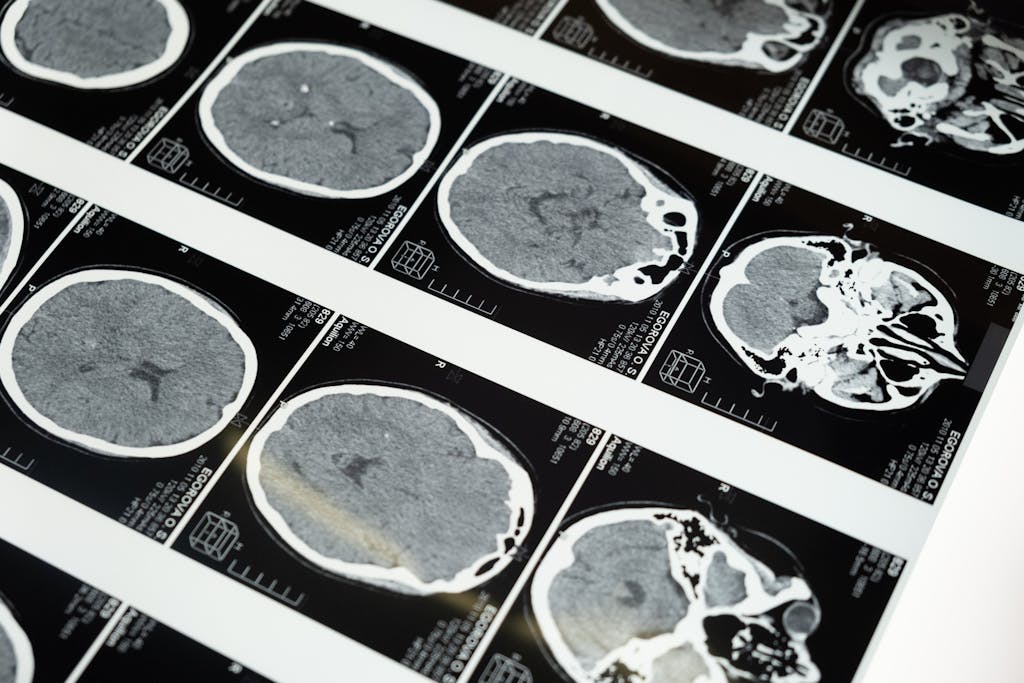
VSI Regenerative Medicine
The nervous system can be a complex and confusing part of your body. It includes the brain, the spinal cord, the muscles, and all the nerves connecting them. A problem with any part of this pathway can cause you to have neurologic symptoms, which can include weakness in the arms or legs, numbness and pain in the arms or legs, headaches, confusion, nausea, vomiting, abnormal movements like tremors, and even difficulty with speech, language, and vision.
If you are experiencing any of these symptoms, please call to schedule an evaluation with our neurologist, who will perform a detailed history and physical examination. Extra testing, such as with MRI or EMG, might be necessary to help make a diagnosis and get you the treatment you need. When you choose VSI, you can expect to experience the best in class specialists, who will devise a custom treatment plan to get your living the life you want to live.

When to Seek Care for your Neurological Symptoms
- Weakness in the arms or legs
- Numbness and pain in the arms or legs
- New headache
- Loss of vision or changes in vision
- Tremor or other abnormal movements of the hands and legs
- Seizures
- Dizziness
- Confusion or other memory problems
- Problem with sleep
- Any of the above symptoms after a blow to the head, car accident, or other traumatic event
Common Neurological Conditions


Neuropathy Treatment Options
The treatment of neuropathy depends on the cause. Neuropathy is often a sign of another condition rather than a disease on its own, and treating the condition that is causing it is usually the best way to treat neuropathy.
Possible treatment options for neuropathy:
- Treatment of the disease causing neuropathy — control blood sugars, limit alcohol use, limit kidney damage, treat any autoimmune disease, etc.
- Medications for nerve pain — gabapentin, Lyrica, Cymbalta, etc.
- Physical Therapy
- Vitamin supplementation
Seizure & Epilepsy Treatment Options
How do we treat seizures?
- Anti-epileptic drugs
- Epilepsy surgery
- Avoidance of seizure triggers
How do we treat epilepsy?
Anti-epileptic drugs (AEDs) are the main treatments for epilepsy. For patients who do not have improved with the first AED, switching to another AED or trying two or more AEDs together is warranted. Patients who continue to have seizures despite two or more AEDs on maximum doses are candidates for epilepsy surgery. Epilepsy surgery is a procedure in which the part of the brain thought to be causing the seizures is removed with the goal of reducing or eliminating the number of seizures.


Tremors Treatment Options
A skilled neurologist can usually differentiate an essential tremor from a more serious cause of tremor, such as Parkinson Disease, on the basis of history and physical examination. Therefore, if you notice a tremor, it is important to have a neurologist assess it. Essential tremor, while not life-threatening condition, can interfere with your ability to do anything with the body parts involved.
Occupational therapy can often be helpful as a first step in helping patients learn strategies to work around their tremors. If the tremors continue to be a problem, there are several medication options available to try. Patients who continue to have difficulty with day-to-day tasks despite high doses of these medications may be candidates for deep brain stimulation, a surgery in which a pacemaker-like device is introduced into the brain to regulate the electric signals in parts of the brain involved in generating the tremor.
Possible treatment options for neuropathy:
- Occupational therapy
- Tools to help with day-to-day tasks — button hooks, slip on shoes, weighted utensils, etc.
- Blood pressure medications that reduce tremors
- Seizure medications that reduce tremors

